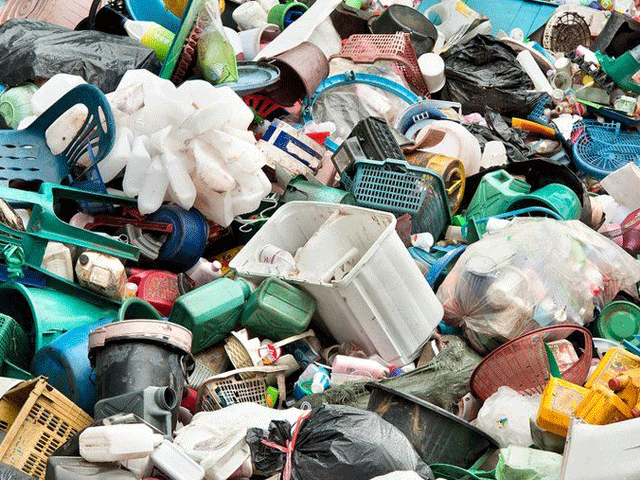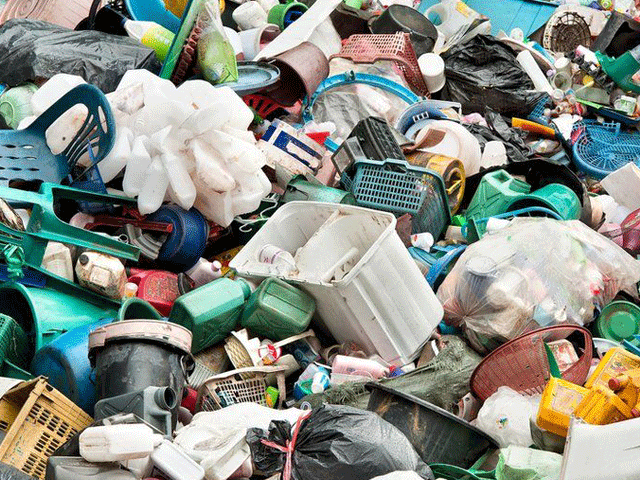
Flash Joule technology is a cost-effective and environmentally friendly process that can turn waste plastics into valuable and useful components. Photo. File
Houston, USA: Every minute plastic waste is being piled up on the planet, only a small amount of it is being recycled. But now, thanks to a new technology, it can be converted into valuable industrial nanoparticles. Experts have named it Flash Joule technology.
This technology has been developed by scientists at Rice University, which is the brainchild of Dr. K. Win Wyse, whose details have been published in the Journal of Advanced Materials. First, flash joule heating technology is used to burn plastic waste into valuable carbon nanotubes and hybrid nanomaterials.
According to experts, the hybrid carbon nanomaterial has surpassed graphene and commercially available carbon nanotubes in performance. Interestingly, high-quality hybrid nanotubes can be made from all kinds of mixed plastic waste.
Be it graphene, carbon nanotubes or carbon-based nanomaterials, all of them are very strong and are being used for countless applications in industries. They are excellent conductors, have electromagnetic properties and are widely used in electronics. That means coating, making sensors and energy storage also come into play.
In this process, the plastic is burned at 5120 degrees Fahrenheit. Then different types of carbon and steel are added to them, which increases the properties of the plastic. Thus, plastics can be molded into materials used in factories and high-tech industries.
(function(d, s, id){
var js, fjs = d.getElementsByTagName(s)[0];
if (d.getElementById(id)) {return;}
js = d.createElement(s); js.id = id;
js.src = “//connect.facebook.net/en_US/sdk.js#xfbml=1&version=v2.3&appId=770767426360150”;
fjs.parentNode.insertBefore(js, fjs);
}(document, ‘script’, ‘facebook-jssdk’));
(function(d, s, id) {
var js, fjs = d.getElementsByTagName(s)[0];
if (d.getElementById(id)) return;
js = d.createElement(s); js.id = id;
js.src = “//connect.facebook.net/en_GB/sdk.js#xfbml=1&version=v2.7”;
fjs.parentNode.insertBefore(js, fjs);
}(document, ‘script’, ‘facebook-jssdk’));



